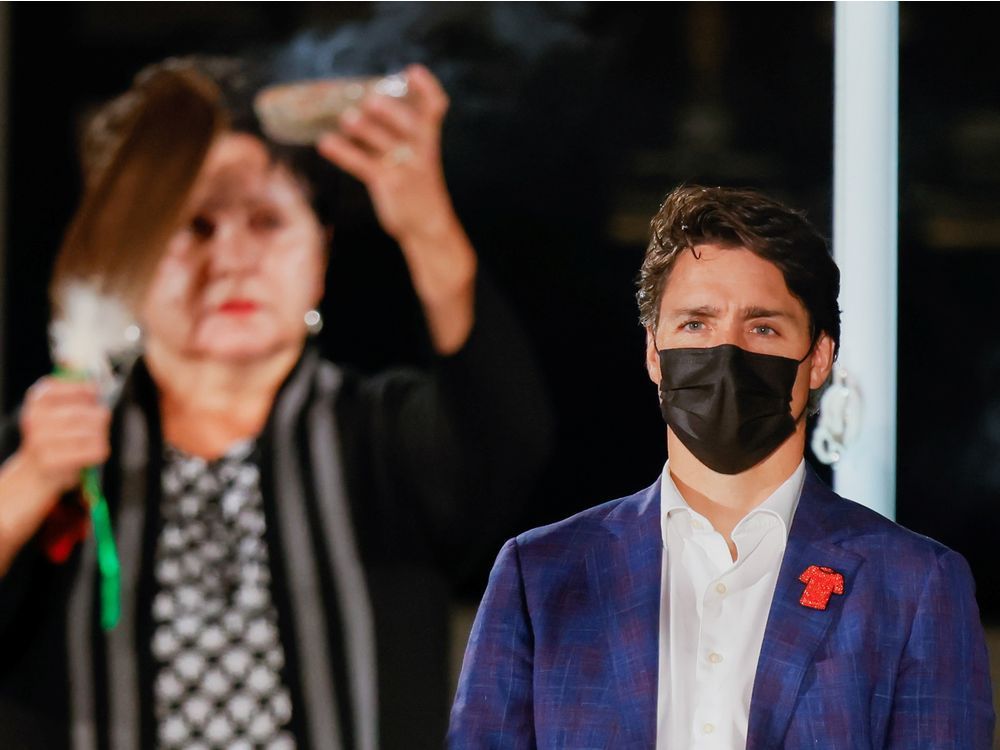The term ‘BIPOC’ is a bad fit for the Canadian discourse on race
One of the biggest problems in Canadian politics is that large segments of our population seem to think they live in the United States. How else can one explain the fools running around in MAGA hats and holding demonstrations in support of former U.S. president Donald Trump? Sometimes, I feel like I should shake them by the shoulders and shout, “You live in Canada!”
Unfortunately, I am beginning to feel the same way toward people who talk about “BIPOC issues,” as though it were normal for Canadians to use that expression. After all, BIPOC (“Black, Indigenous and People of Color”) is an acronym developed in the U.S. to discuss domestic race relations, just as BAME (“Black, Asian and Minority Ethnic”) is used in Britain.
Rather than developing our own acronym to reflect the reality of race relations and multiculturalism in Canada, far too many people have chosen just to use the American term. This cognitive capture by American social-justice discourse is, in many ways, just a left-wing version of what’s been happening with MAGA on the right.
...
Because of their distinctive history in the U.S., it makes sense to treat Black people as a separate category in that country. And because of their demographics, it may make some sense to put them before Indigenous people, who make up only 1.6 per cent of the U.S. population. In Canada, however, where Indigenous people make up almost 5 per cent of the population, it makes no sense at all to put the B before the I, or even to treat Black people as a separate category from other ethnic groups. Indeed, it is in many ways offensive to the distinctive status of Indigenous peoples in Canada to put the B first. From the perspective of many Indigenous people, the Black population of Canada are settlers, just like white Canadians – that is, part and parcel of the continuing colonial project.
...
... if there is the need for an acronym to identify the most important minority groups in Canada, I would propose “FIVM”: Francophone, Indigenous, and Visible Minority.
...





